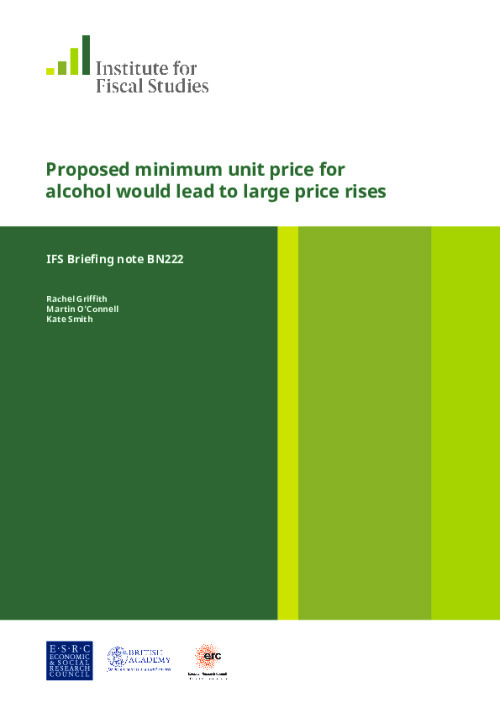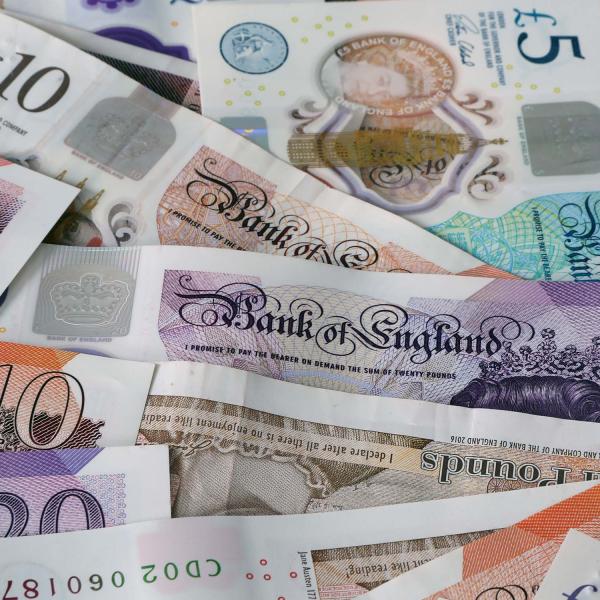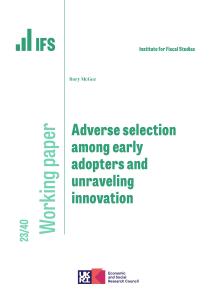Following a recent judgment, the UK Supreme Court confirmed that Scottish Government legislation for a minimum unit price for alcohol is lawful. The Scottish Government plans to introduce the measure on 1 May 2018. Meanwhile, the Welsh National Assembly is considering introducing a minimum unit price for alcohol. In this briefing note, we provide evidence on the likely impact of this type of reform.
The aim of adopting a minimum unit price is to reduce the prevalence of harmful and hazardous drinking. Estimates of the precise magnitude of the social costs of drinking vary, but are invariably high. The Scottish Government cites a study by researchers at the University of York that suggests that the total annual costs of alcohol misuse in Scotland are equivalent to around £900 per adult and the Welsh National Assembly cites research by the University of Sheffield that estimates that the overall cost to society of alcohol misuse in Wales is £15.3 billion over 20 years.
A minimum unit price would make it unlawful to sell alcohol below a price that is based on the alcoholic content of the product. The Scottish Government’s favoured rate is 50 pence per unit of alcohol (a unit is 10ml of pure alcohol). In this briefing note, we show that this would have a substantial impact on off-trade alcohol prices. During the period October 2015 to September 2016, 68% of off-trade alcohol units sold in Britain were priced below the proposed floor, with the average price of these products over 20% below the floor, at around 39 pence per unit. These numbers are similar across Scotland, Wales and England.
The effectiveness of the policy will depend on whether it successfully targets heavy drinkers and how they change their behaviour in response. We provide evidence that heavy drinkers do tend to buy cheap alcohol. This suggests a minimum unit price may well be reasonably well targeted at this group. However, the impact of the policy will depend crucially on the price sensitivity of different types of drinkers, i.e. how much less alcohol they consume in response to a rise in price. We also show that heavier drinkers tend to buy stronger alcohol, suggesting that redesign of the current system of alcohol excise duties could also help target problem drinkers. Tax reform is likely to avoid the main drawback of minimum unit pricing, which is that it boosts the profits of the alcohol industry.












